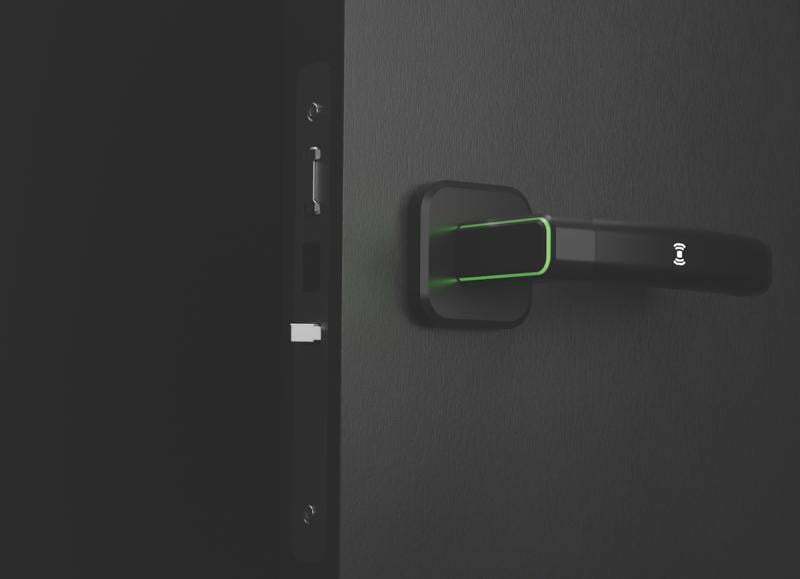Door locks are increasingly becoming a vital component in hotel business strategies to provide guests with an interconnected, seamlessly personalized and convenient stay experience. As a result, more properties are seeking to integrate their door lock solutions with third-party technologies and services, said Nicolas Aznar, president, Americas at Assa Abloy Global Solutions.
“Examples include integrating locks with motion sensors combined with energy management systems that can detect guestroom occupancy in real-time,” he said. “This notably allows hoteliers to automatically adjust settings for in-room amenities such as thermostats or lights, ensuring that guests instantly experience a welcoming environment while providing properties with opportunities to minimize utility costs.”
Darien Long, vice president of sales, hospitality at dormakaba, agreed. “Creating that integration experience throughout the property is important to provide the optimal guest experience,” she said. “As guests enter the room, all tech in the room communicates with the guest lock to turn on everything and create perfect ambiance for guests. While not new, hotels are adopting this approach more readily.”
The lobby is another hotel area that hoteliers should consider when considering door locks. “Give guests the experience they want by using a diverse check-in strategy that includes the traditional check-in process and a digital option that allows guests to bypass the front desk and go directly to their rooms or other sites across the facility,” Long continued.

Culture has demanded a focus on contactless check-in and access, but the guest experience can be enhanced in far more ways, Onity President Fayyad Sbaihat said. “We’re just scratching the surface of what’s possible with mobile access,” he said. “Today, with the technology and a smartphone app, hotel guests can securely download their assigned key to unlock their room and other guest access-controlled areas of the property. A fully connected and personalized guest experience is next, empowering guests to control a host of in-room smart devices from their smartphone, using it as a POS solution to validate room charges, and for overall healthy stay solutions like contact tracing, density management and geofencing.”
Other ways to improve the experience is consideration of the other areas of the hotel that can be integrated, including gyms, wellness centers, laundry facilities and others. “Mixed-use hotel developments are often in transient hot spots,” Long said. “As a result, hotels need to preserve ancillary services for guest use only. These include the gym, laundry and wellness centers, to name a few. Secure these areas to avoid disruption to the hotel experience guests expect and prevent use by non-hotel guests.”
Parking is another concern in mixed-use developments. “Dedicated parking space that is gated can be reserved and is protected by checking hotel guest identification,” Long continued. “Credential management at the parking gate guarantees space to park.”
In general, digital key solutions also continue to represent a widespread trend with such services now found across the industry and in properties of all types and sizes, Aznar added. “Digital key solutions undoubtedly have become a mainstream industry service that guests are seeking out, and that will continue to evolve as consumer behaviors and preferences change over time.”
